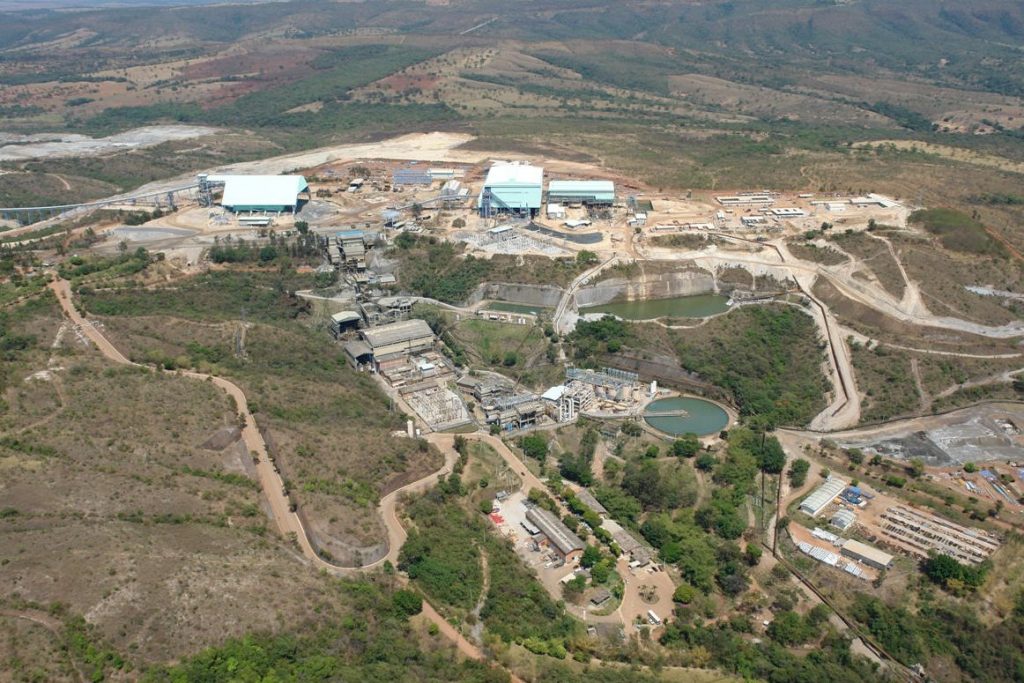
OTTAWA, RIO / December 11, 2017 – A report released today by Above Ground and Brazilian organization Justiça Global documents human rights abuse tied to a Canadian mine in Brazil. The project is operated by a subsidiary of Kinross Gold, a Canadian company financed by the government of Canada.
The report comes amidst expectations that the Canadian government will soon announce the creation of an ombudsperson office to investigate allegations of wrongdoing by Canadian extractive companies in their operations abroad.
It also follows a recent court ruling upholding the suspension of another Canadian mining project in Brazil, due to inadequate consultation with indigenous people by the company Belo Sun.
Swept Aside: An Investigation into Human Rights Abuse at Kinross Gold’s Morro do Ouro Mine shows that, among other harms, Kinross’s dramatic expansion of the mine displaced the residents of traditional communities formed over a century ago by former African slaves.
“These communities have land rights under Brazilian law, and the process to formalize their collective title was well underway when Kinross announced its expansion plan and Export Development Canada provided financing,” says Karyn Keenan, director of Above Ground.
“Despite sustained legal action by federal prosecutors, state authorities gave Kinross the green light to use community land for its expanded operations,” says Keenan. “The families living and farming there felt they had no choice but to leave.”
The report also raises concern about environmental oversight of the mine, which is located within 500 metres of neighbourhoods where hundreds of families live, as well as safety measures to keep people from entering the mine site.
Last year four men were found dead in the mine’s waste effluent pipes, which they reportedly entered to extract remnants of gold left in the tailings. Another was found dead at a tailings dam in February 2017.
Kinross has received up to $850 million in financing from the Canadian government through its export credit agency, Export Development Canada, since acquiring the Morro do Ouro mine.
“This is a prime example of a case that could be investigated by an ombudsperson office, which should be tasked with ensuring that the government stop financing companies found to be causing harm,” says Keenan.
“Mining projects are routinely associated with human rights and environmental harm in Brazil,” says Daniela Fichino of Justiça Global. “The expansion of Morro do Ouro was overseen by the same state regulatory system that failed to prevent the Mariana mining disaster.”
Above Ground and Justiça Global’s recommendations include the suspension of Kinross’s operations at Morro do Ouro until community land rights are protected, and the adoption by Canada of a legal framework to identify, prevent and mitigate human rights risks in Canadian business activity abroad.
Media contacts
Karyn Keenan, director of Above Ground, +1 (613) 791-7532, [email protected]
Daniela Fichino, Justiça Global, +55 (21) 98181-9303, [email protected]
About the report authors
Above Ground works to ensure that companies based in Canada or supported by the Canadian state respect human rights wherever they operate. It sheds light on the impacts of Canadian business activity abroad and advances solutions for corporate accountability and access to justice in Canada. Above Ground is a project of Tides Canada, a national charity dedicated to a healthy environment, social equity and economic prosperity.
Justiça Global is a non-profit Brazilian organization, founded in 1999, that seeks to promote human rights by strengthening civil society, improving access to justice, and encouraging institutional and policy reform in Brazil through monitoring and documentation, advocacy, litigation and training.